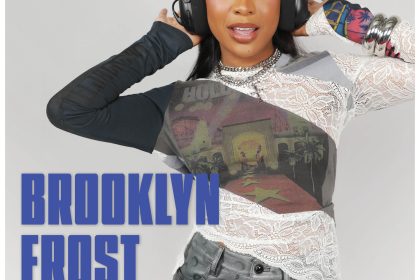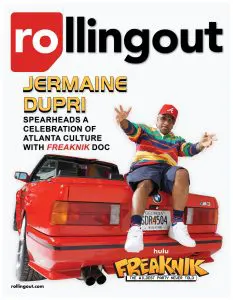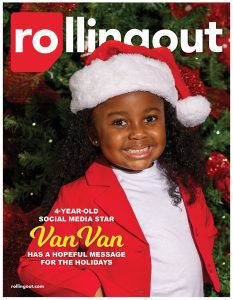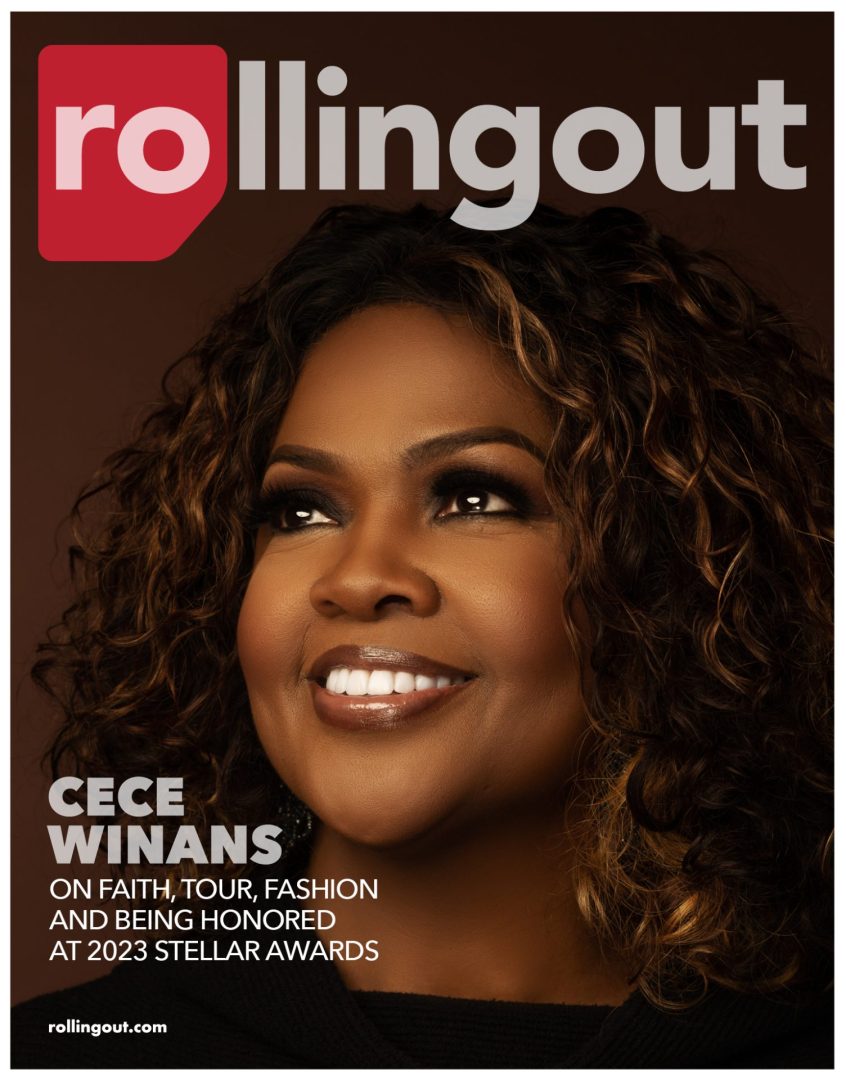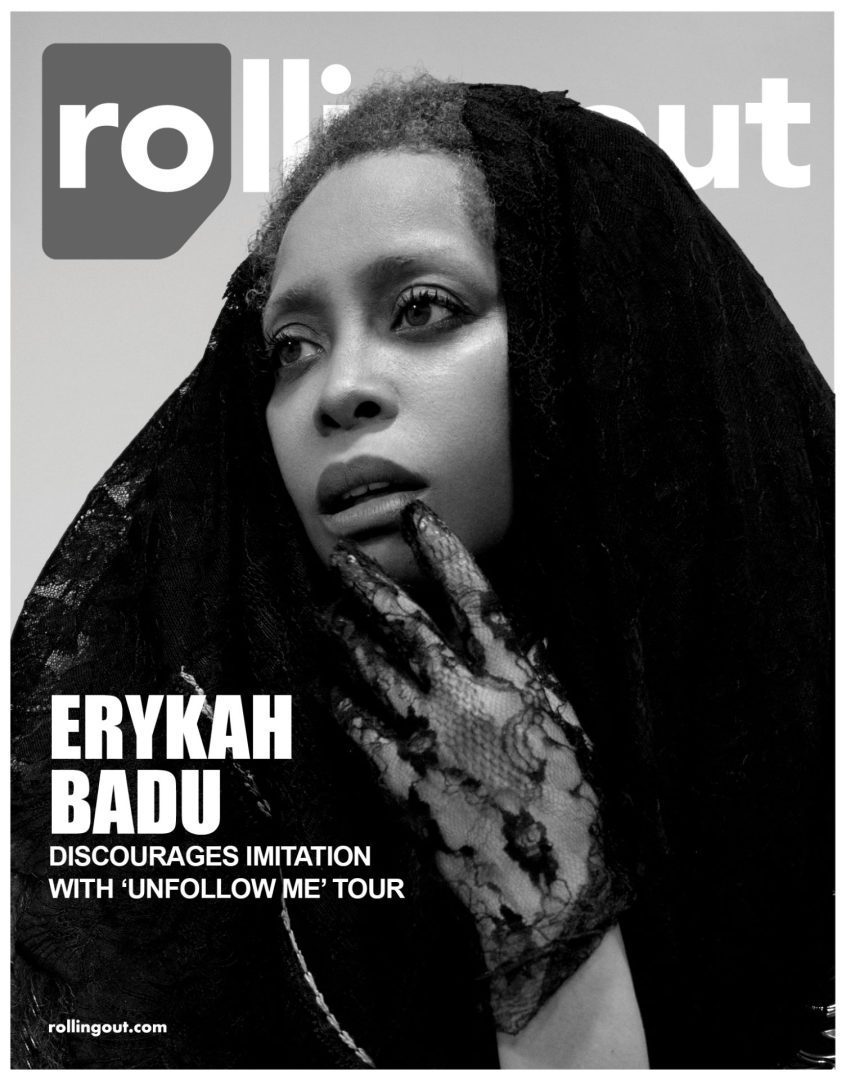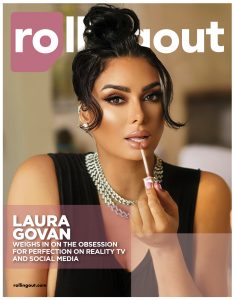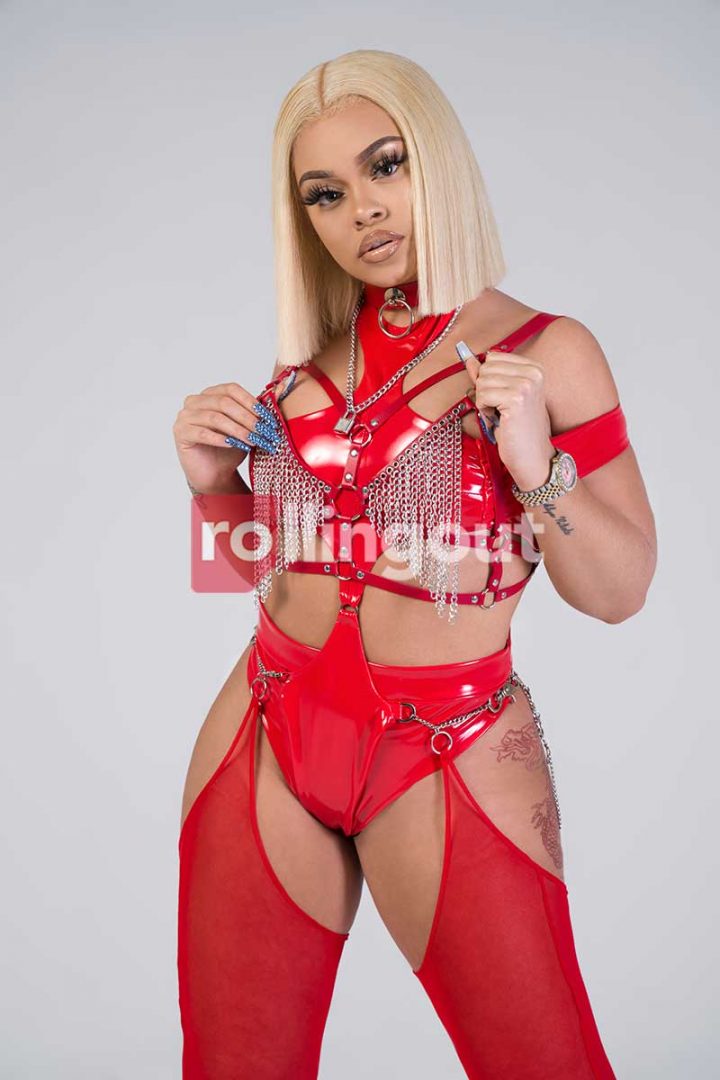
It makes perfect sense that Mulatto is using her time wisely. She always has. Before she laid claim as a rising rap star, she went all out as a drag racer. From 8 to 10 years old, she followed in the footsteps of the men in her family, all of whom had an affinity for motorsports.
“I really was lying about my age,” she admits. “You had to be, I want to say 12 or 13 to drag race, but I was drag racing probably like at 8, and then it was overlapping. I was starting to rap, but I was still drag racing around 9 or 10, until I finally was like, ‘You know, I don’t want to do this no more. I just want to rap.’ ”
With that, Mulatto’s parents traded in thousands of dollars of equipment — a drag car, trailer, golf cart and more — and, in turn, invested in music. Before long, she had an in-home studio, a wrapped truck, writers, producers and all the opportunities she could handle.
“We would just be grinding, doing shows, running around Atlanta, doing open mics, comedy shows, festivals, opening up for people when they came to Atlanta for a conference,” she recounts. “[We were] just really working and grinding, putting out new videos on YouTube and just putting myself out there. I got a social media following across all my platforms and that’s when the casting people from ‘The Rap Game’ reached out.”
Impressed with her numbers, “The Rap Game” producers eventually booked Mulatto for the inaugural season of the show, which didn’t initially include Jermaine Dupri. As fate would have it, the So So Def impresario ultimately played a huge role in determining who would move on and, more importantly, who would be offered a contract with his label. That artist, of course, was Mulatto, who outlasted her opponents over the eight weeks of shooting, then epically turned JD down on national television.
“I was 16 when we filmed the show,” she explains. “I was 17 by the time the show aired and I was presented with the contract. Seventeen is just so young to make a decision like that. I just didn’t really understand what I would be getting myself into, so I just didn’t feel comfortable signing something that I didn’t know the ins and outs of. I was still learning, and I still am learning the business.
“I didn’t even really benefit from the TV show yet. I wanted to see [how far] that platform could take me. I was very much aware of my leverage after being on a TV show with millions of viewers every week. That was promotion like crazy, so I wanted to see what I could do, how far I could take it independently. I was in no rush at the time, being that young.”
It is safe to say that time has definitely proven Mulatto wise beyond her years, and Southern hip-hop is all the better for it.
Story by N. Ali Early
Images by Raphael “The Cam Killa” Simien

